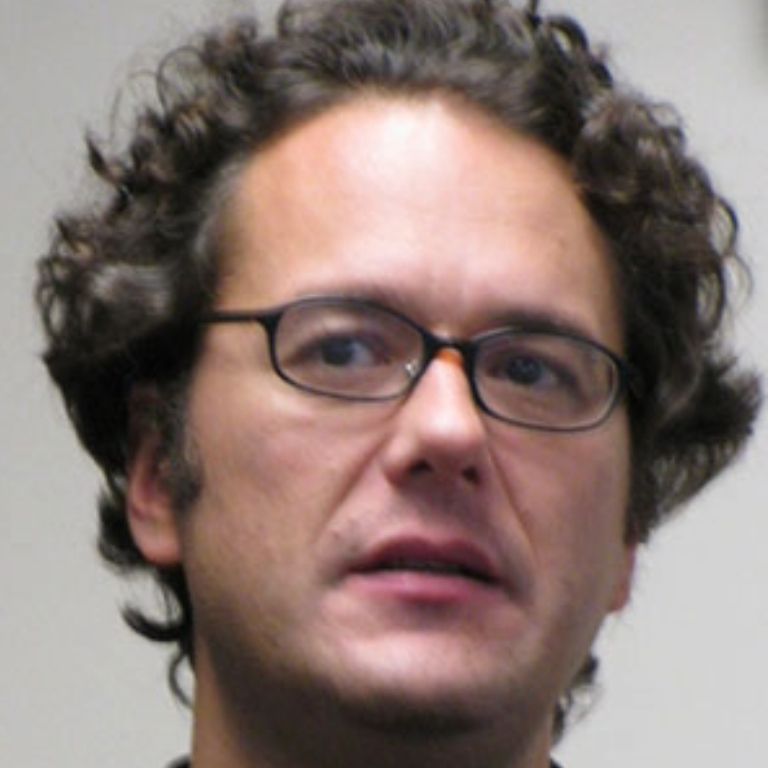Education
- PostDoc, Rockefeller University
- PhD, 1998, John Hopkins School of Medicine
- MA, 1992, Princeton University
- BS, 1990, University of Geneva

Diego Loayza is an associate professor in the Department of Biological Sciences.
See Contact DetailsHuman chromosome ends (telomeres) are composed of long stretches of TTAGGG repeats and end with a ~150 single stranded overhang. Telomere integrity is essential for chromosome stability and cellular proliferation. As a normal process, telomeres shorten at each cell division until they are too short to sustain growth, at which point cells undergo an irreversible arrest called senescence. Senescence can be completely bypassed by forced expression of telomerase, the enzyme that synthesizes the telomeric repeats, which provides cells with infinite replicative potential.
Proteins that bind to telomeres regulate their length and ensure their protection. A complex of six proteins, named shelterin, is critical for telomere function: TRF1, TRF2, Tin2, Rap1, TPP1 and POT1. In the laboratory, we are studying the role of POT1 at telomeres: this component can regulate the activity of telomerase at chromosome ends. POT1 binds specifically to the telomeric overhang, and this activity is essential for inhibiting telomere elongation in cis. It is the relationship between shelterin, POT1 and telomerase in human cells that constitutes the prime focus of the laboratory.
Diego Loayza
